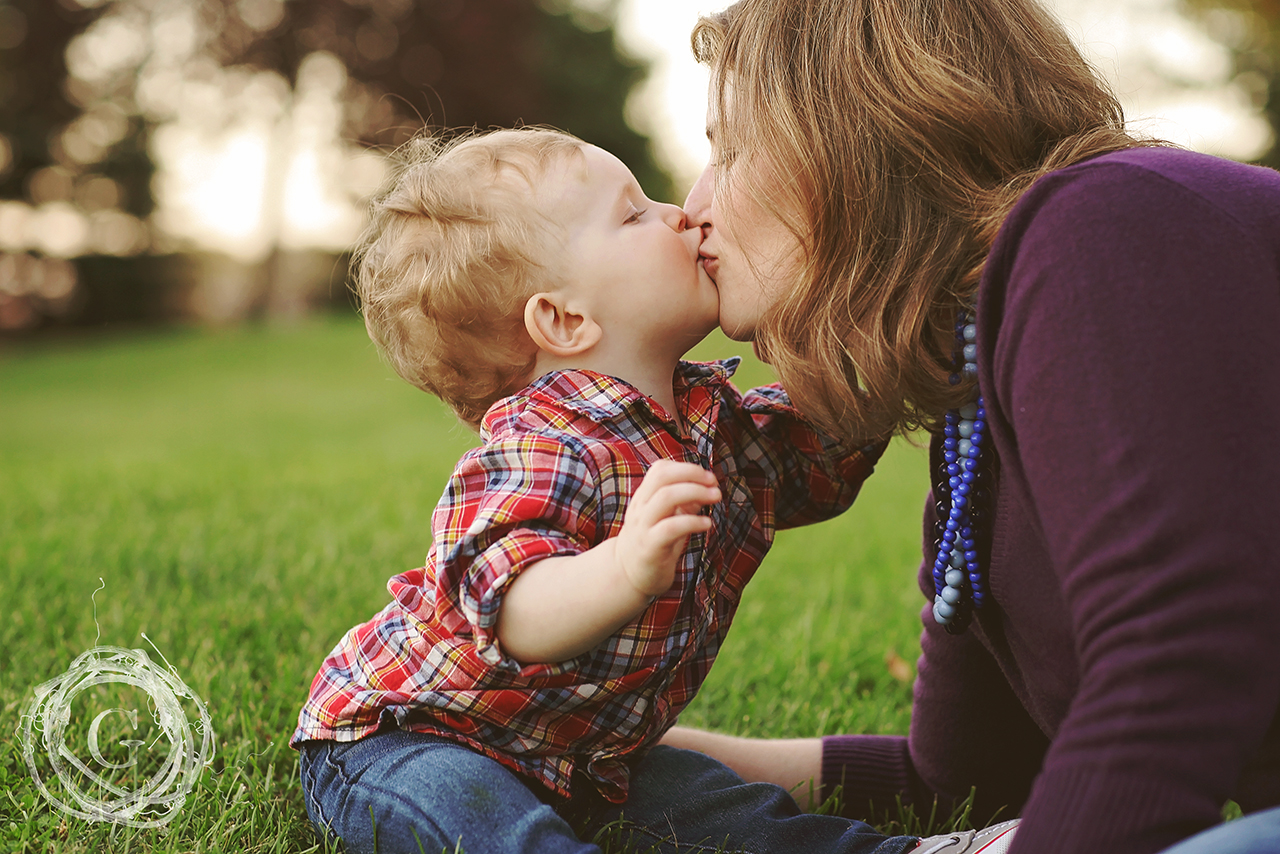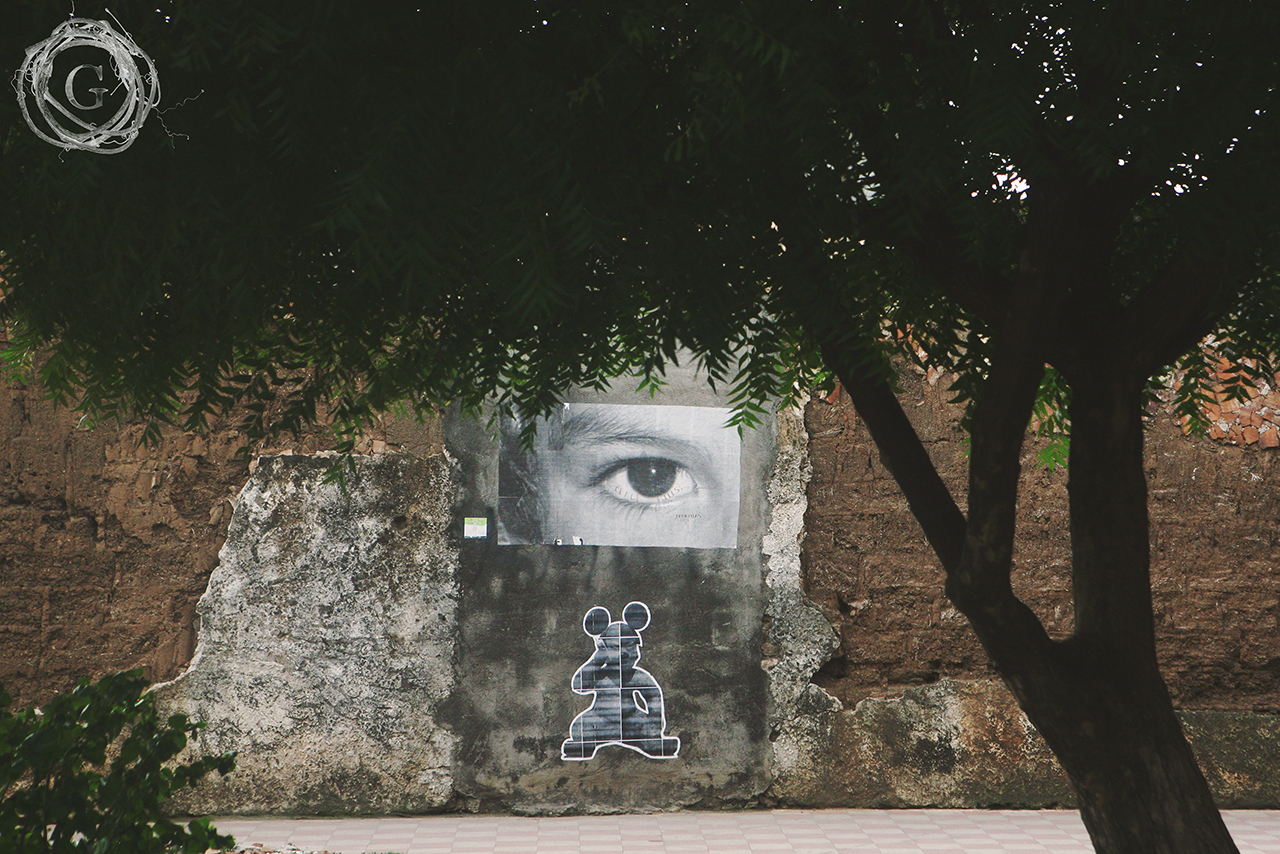Our job as conscious humans is to bring the beauty and goodness of everything to full consciousness, to full delight, to full awareness. – Richard Rohr
There is something incredibly powerful when humans learn to be aware of not only themselves but also those around them and the earth they inhabit. There is a gift that is acknowledged, a responsibility that is born, and a depth of relationship that is created.
Having an awareness might not feel natural, but is possible to learn. Yet for all the theories, books and advice that exist on how to parent, there is not much of a voice about how to raise conscious children. How to nurture and inspire our kids to be empathetic, thoughtful, and aware.
A couple questions that help develop consciousness are:
- How do you feel about ________?
- What do you think about _______?
- What do you see?
- What do you hear?
- What is your gut telling you?
- What does wisdom tell you?
It is also critically important to remember that HOW we talk about people, cultures, religions, and politics will shape how our children will see these structures. Respect is always necessary, especially with sides we don’t agree with. If we want the next generation to be able to show respect, then we must model it for them.
Here are 10 reasons why raising conscious kids is critical to their growth and life experience as people:
Emotional Self Awareness – This is helpful when trying to navigate unmet expectations, hurt feelings, sorrow, joy, hopefulness, anger and the other scale of emotions. When we are in tune with our feelings, we are able to process the experiences we have and how we relate to them. This also helps us in our ability to communicate with others in hopes of defusing heated moments.
Mental Self Awareness – We all think differently than one another. Some of us lean to being more positive or negative. Some of us deal with insecurity and shame that clouds our responses to situations. Maybe you lean right wing or left? Benefit from some sort of privilege? Tend to get heated when contradicted? Feel anxious when trying to stand up for yourself? We each approach our lives and relationships with the structure we were taught. It is not helpful to cut down a different approach, but understand our own and how we relate and communicate with each other. Being able to self critique how we interpret words is a precious gift. Realizing possible triggers and acknowledging bias can help us be more effective and empathetic communicators and help us learn so much better! Teaching children to self navigate their thoughts and emotions as well as learn to see things from other perspectives will help them become incredibly thoughtful people.
Body Awareness – Our bodies have the ability to tell us when we aren’t OK, if we are aware enough to pay attention. Coughing, fatigue, rashes, dark circles under our eyes, aches, pains, dry skin. They are all outward signs that something isn’t right within ourselves. What foods affect you? What sleep patterns affect you? How does your schedule affect you? How can you self regulate so you feel healthy and whole? Walking a child through how to self diagnose stress or realize the need for sleep will help them develop good habits later in life.
Social Awareness – This is helpful in all social settings of work, school, parties, parks, or wherever you interact with others. It is the ability to pay attention to others and their tells. If we pay attention, we can see when others become uncomfortable, or excited or nervous, or flirtatious. Noticing these tells are important especially when the situation starts to become hostile or filled with tension, or we can see when someone starts getting triggered. For children especially, it is important to help them navigate which group of friends are safe, or dangerous, or untrustworthy. Hopefully then they can make wise choices about social situations they enter into voluntarily.
Gut Awareness – Our guts can tell us a lot about ourselves, safety and danger, and people and situations we can trust. It is the feeling we can’t describe, or explain, we just know. We often aren’t even aware of when our gut is right, because we listened to it and didn’t walk down the dark alley, or go to that party, and so we remained safe…but I believe deeply in our gut and intuition to help us navigate the things we don’t understand. I desperately want my children to know they have intuition and that they need to listen to it. Those feelings are there for a reason.
Space Awareness – Our life experiences each happen within the context of space. Is the physical space we are in safe? Healthy? Scary? Energized? Calm? Restful? Charged with tension? What do we bring to that space? Excitement? Larger than life personality? Quiet? How do we create space? What spaces fit me? Libraries? Tennis courts? The urban commune? The homestead? The artists quarter? Being able to articulate and find a space that suites you is helpful to understanding ourselves and the world around us. Where we belong.
Relationship Awareness – These are the people that are in our life on a regular basis. These relationships take time and effort and it is good to know the nuances of the people we do life with. When do they get stressed? What are their signs of sadness or depression? Anxiety? Restlessness? Frustration? Joy? Wanderlust? How does knowing those things help or benefit the relationship?
Community Awareness – We don’t live in a vacuum, we exist in neighborhoods and communities. What does your community tell you about culture and people and religion and humanity? We learn so much about ourselves and human nature and how things work by paying attention to the community at large. It shapes us as people. It is wise to learn what our children observe about their community and how life and people interact. We can learn so much from paying attention. We can also purposefully create situations where our children experience their neighborhood and community…our yearly Harvest Supper does exactly that!
Political Awareness – Now I am not saying you lay the burden of the 2016 Presidential election at the feet of your six year old while you watch CNN. I am saying however, that I think we have responsibility to educate our kids about government and politics and how things work. I think introducing this to them on a local level is smart and applicable because they see that their voice is necessary. That there are systems, and meetings, and compromise and victories and losses. Mostly it shows them they live in a country where the people are a part of the process.
Global Awareness – We are all in this together. There is no other way. What we do here affects those on the other side of our beautiful planet. We are simply stewards of the resources we have and the lives we lead. The garbage we throw away has a direct affect on the animals who live here. We have a carbon footprint and a connection to every person who lives and breathes. In what reality is it healthy raise children outside of this responsibility and awareness? We need to teach our children how to conserve water, use less electricity, put thought into what they may see as natural everyday occurrences. We can not forget that our action or inaction has a direct connection to everything else living in this world. We must pay attention. We must choose wisely. We must raise children to see themselves as part of the community that cares for each other and the planet we call home.
Parenting with intent and purpose takes thought, but can truly shape the little humans we have the honor to care for. Our job as parents is to teach kids how to function as adults, so why not show them how to be aware? If we all worked to nurture kind, thoughtful, introspective, empathetic, creative children, we not only would positively impact their lives, but the lives of everyone around them. Think of the generations of humanity that could be positively affected if all adults chose to teach these attributes to our youth.



1 Comment